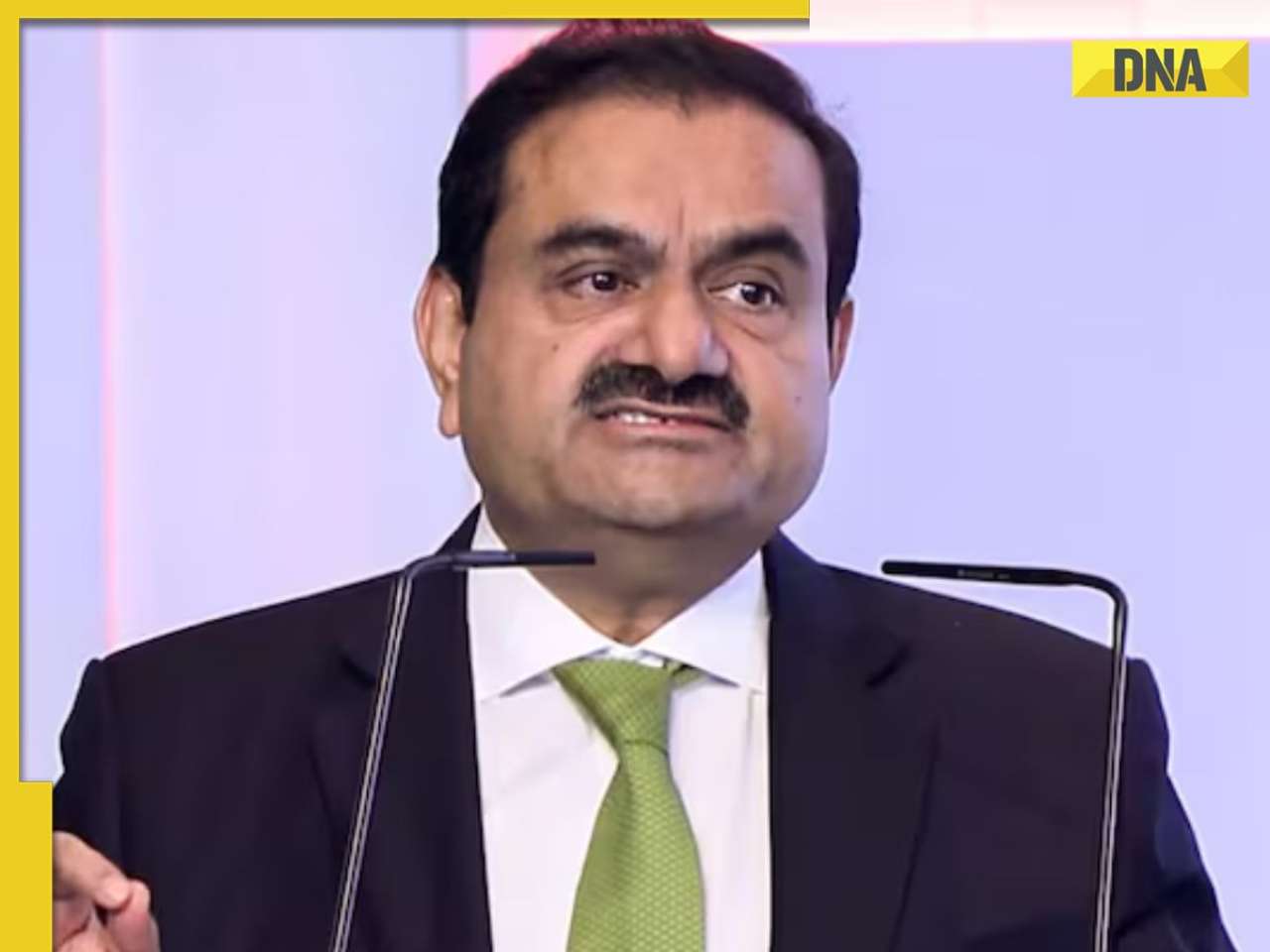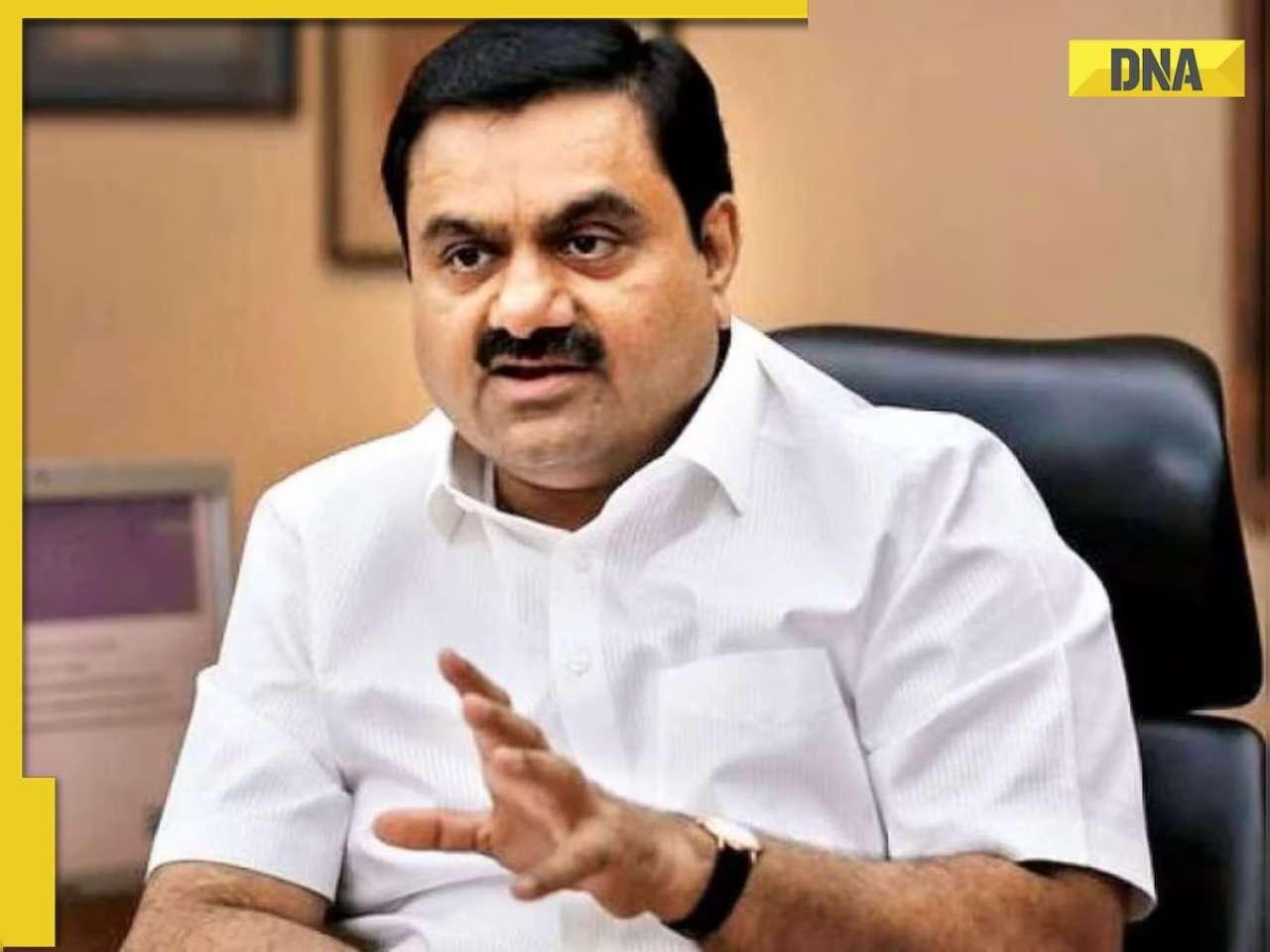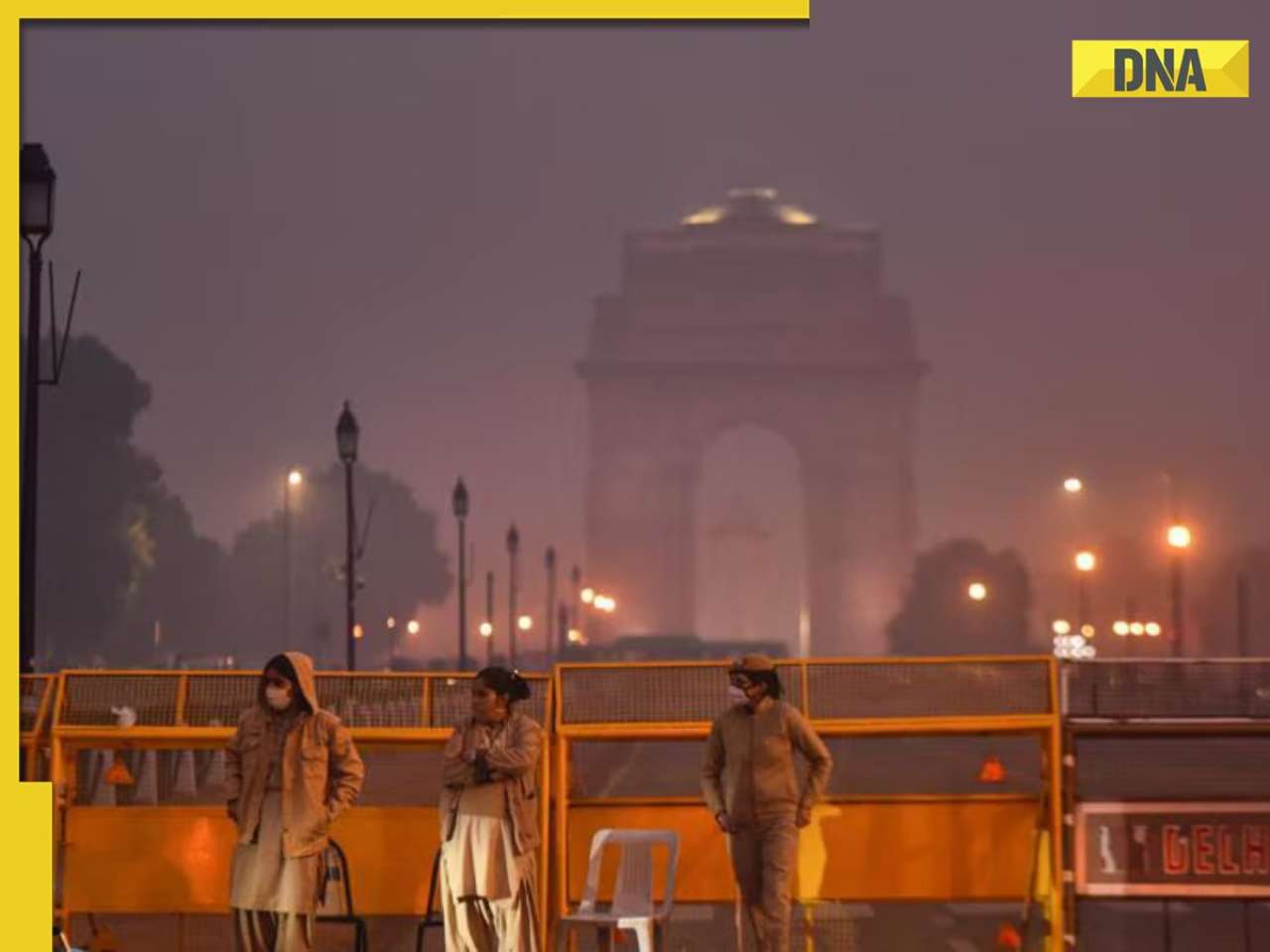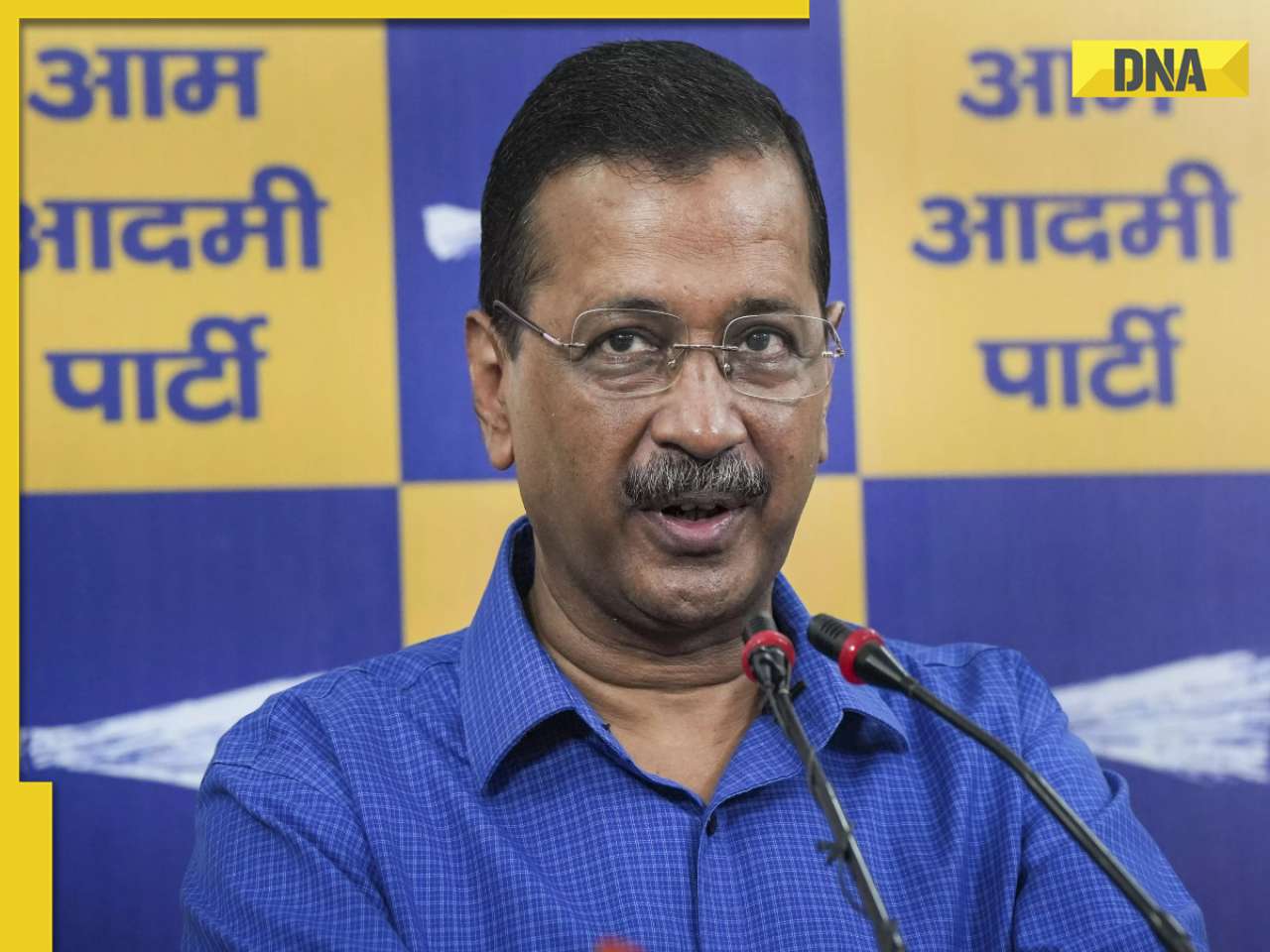- LATEST
- WEBSTORY
- TRENDING
INDIA
Beyond the Battlefield: Impact on India’s trade and supply chains
The key Red Sea shipping route could stay closed to global shipping for much longer than expected, likely causing freight rates to remain high for an extended period.
TRENDING NOW
As the conflict in West Asia escalates, with Iran launching a missile strike on Israel overnight, global and Indian traders are preparing for extended disruptions in trade. The key Red Sea shipping route could stay closed to global shipping for much longer than expected, likely causing freight rates to remain high for an extended period.
The year-long conflict in West Asia has intensified significantly after Israel, having wrapped up its military campaign against Hamas in Gaza, turned its attention to Hezbollah, a larger and stronger Iranian-backed group. Israel launched a military operation in Lebanon, following a series of explosive attacks using pagers and walkie-talkies aimed at Hezbollah members and the assassination of their long-standing leader, Hassan Nasrallah.
Some view the assassination of Hassan Nasrallah as a strategic win for Israel, as he was a key figure in the Arab world, known for being the only leader to halt Israeli forces during the 2006 invasion. However, others, including former Israeli Prime Minister Ehud Olmert, have cautioned that Israel's operation in Lebanon will likely be "messy" and may not result in a clear defeat of Hezbollah, according to a report from the Indian Express.
The growing conflict has raised the risk of trade disruptions, as Hezbollah has strong connections with the Houthi rebels in Yemen, who are behind most of the attacks on ships passing through the Red Sea route.
This is important for India, as it depends heavily on the Suez Canal route for trade with Europe, the US, Africa, and West Asia. These regions made up over $400 billion in trade during FY23, according to Crisil Ratings.
Exporters have long worried about a direct conflict between Israel and Iran, as it could lead to prolonged disruptions in the vital Red Sea shipping route. The recent escalation comes as Indian exporters have already been affected, with exports dropping by up to 9 percent in August due to the Red Sea shipping route crisis.
The sharp drop in India’s petroleum exports, down by 38 percent in August, was mainly due to the Red Sea crisis. With shrinking profit margins and rising shipping costs, importers have started seeking alternative suppliers, as reported by Indian Express
According to official data, petroleum product exports dropped to $5.95 billion last month, compared to $9.54 billion in August of the previous year.
A Crisil report from February warned that the shipping market would continue to affect exports. In fiscal 2023, Europe made up 21 percent of India’s total petroleum product exports, and rising shipping costs were expected to lower profit margins, impacting the profitability of independent refineries.
India’s trade with West Asia has a positive aspect, as regional players like Saudi Arabia, the UAE, Kuwait, and Qatar have stayed neutral and not gotten involved in the conflict.
A report by the Global Trade Research Initiative (GTRI) highlights that India’s trade with these Gulf Cooperation Council (GCC) nations grew by 17.8 percent between January and July 2024 compared to the same period last year. During this time, India’s exports to Iran also increased by 15.2 percent.
Extended trade routes driving up shipping costs
Data from the International Monetary Fund (IMF) shows that trade passing through the Suez Canal fell by 50 percent in the first two months of the year compared to the previous year. At the same time, trade moving around the Cape of Good Hope increased by an estimated 74 percent compared to last year.
Disruptions in major shipping routes, especially the Suez Canal and Red Sea, have forced ships to take longer routes around the Horn of Africa, resulting in a 15-20 percent rise in shipping costs.
This has significantly affected the profit margins of Indian companies, particularly those exporting low-cost engineering products, textiles, garments, and other labor-intensive goods.
The former trade officer and head of GTRI mentioned that while India’s total exports to the European Union grew by 6.8 percent, sectors like machinery, steel, gems and jewelry, and footwear have seen declines.
He also warned that India’s industries, especially those dependent on high-volume, low-value exports, will face challenges ahead, as increasing freight costs are expected to put more pressure on trade.
Global shipping companies report increased profits
Since the Red Sea crisis started, Indian exporters have urged the government to prioritize creating a globally recognized Indian shipping line.
Exporters believe that having an Indian shipping line would help prevent foreign shipping companies from exerting undue pressure, especially on Indian micro, small, and medium enterprises (MSMEs).
Global shipping companies are experiencing a surge in profits during the Red Sea crisis. Danish company Maersk, often considered a global trade indicator, raised its profit forecast for the third time in August, pointing to higher freight rates and strong container shipping demand due to the ongoing crisis.
Chabahar Port: Key to India's Strategy
Around 10,000 Indian nationals reside in Iran, while about 18,000 live in Israel. New Delhi maintains friendly relations with both countries.
A potential spread of conflict in the region could be a major concern for New Delhi due to the large Indian diaspora, including many blue-collar workers, working in the industrial and oil sectors that drive the region’s economy.
However, New Delhi's interests in the region go far beyond this.
In recent years, Delhi's relationship with Tehran has mainly centered around developing the Chabahar port, which is just 200 km from the China-backed Gwadar port in Pakistan.
In January this year, External Affairs Minister Dr. S. Jaishankar visited Tehran, where both countries agreed on a "long-term cooperation framework" for the Chabahar port.
In addition, India’s growing trade with Russia and its strategic interests in the Chabahar Port have brought renewed attention to the International North-South Transport Corridor (INSTC), a trade route connecting Russia to India through Iran.
Studies have shown that the INSTC route is more cost-effective and faster than the Suez Canal for trading goods between India, Russia, Iran, and Central Asian countries.
A conflict between Iran and Israel could affect New Delhi's increasing interests in the region, especially as it continues to grow as the world's fastest-growing major economy.
(The author of this article is an Aerospace & Defence Analyst based in Bengaluru. He is also Director of ADD Engineering Components, India, Pvt. Ltd, a subsidiary of ADD Engineering GmbH, Germany)
(Disclaimer: The views expressed above are the author's own and do not reflect those of DNA)







)
)
)
)
)
)
)
)
)
)
)
)
)
)
)
)


























































